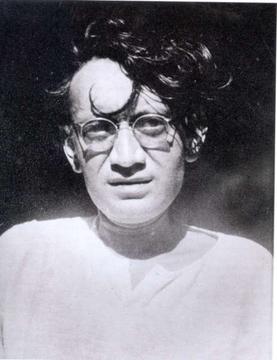Books like Mottled Dawn: Fifty Sketches and Stories of Partition
Mottled Dawn: Fifty Sketches and Stories of Partition
Khalid Hasan’s English is good and idiomatic and his translation fulfills the goal of readability in the target language. This seems to be the secret of the popularity of his anthology. A non-Urdu reader will be immediately impressed by the lucidity of his prose and his clever turns of phrase, and will be thereby tempted to trust his competence and judgment as a translator. But when one compares his translations with the originals, oneis horrified by the kind of liberties he takes and the ways in which hedistorts the text. Hasan commits all the errors of an inordinately adventurous translator. He changes the titles of stories without any valid reason, leaves out large portions of the original, summarizes descriptive paragraphs and dialogues, changes the order of sentences, eliminates ellipses, flattens out uneven contours and cultural angularities of the original, and sometimes, though not as frequently, adds some copy of his own for the benefit of readers not acquainted with Indo-Islamic culture and the history of the Subcontinent. It will be my endeavor to substantiate these allegations with illustrations from his translations.First, the change of titles. Hasan translates the title of the spine-chilling story "Thanda Ghost" as "Colder than Ice". Secondly, the most serious of all Hasan’s errors is his omission oflarge chunks of the original texts in his English translations. He leaves out not only sentences but whole paragraphs, indeed even pages, thereby doing great violence to the original text. For instance,Magar usne kutton ki koi parva na ki aur hosh-o-havas qaim karne ki koshish karta hue ba-mushkil apne ghar pahuncha aur sari raat darawne sapne dekhta raha. Hasan summarizes it thus:Like a mad man, he ran out of the courtyard and into the darkstreet.Needless to say, Khalid Hasan overshoots his duties as a translatorwho should resolutely resist the temptation to “improve upon” the original writer. He should not endeavor to expand, on his own, the textual structure of the original in his translation. Yazid is a symbol for Manto and not a convenient peg on which to hang either information about Islamic history or his knowledge about Shi‘a practices. Khalid Hasan’s translations of the pieces in “Siyah Hasiyeh” are more accurate and closer to the original precisely because the originals hold no scope for editing or additions, being themselves fragmentary and pared down to the bone.Thus what Khalid Hasan eventually presents to non-Urdu readers is atruncated, reductive, and often unreliable version of Manto. His goodEnglish effectively camouflages the lapses in his translations. But thelapses are quite serious and defeat the very objective of translation. If the objective is to introduce a writer of great talent and insight to those who do not read the language in which he wrote, the translator should take utmost care to minimize sacrifices and distortions. This calls for an attitude of respect towards the writer and the original text. The translator’s misplaced zeal should not lead him to import information in the attempt to add local color or exotic appeal. Likewise, it should not lead him to sanitize the text, cleaning out all seeming warts, angularities, and cultural nuances, because in the ultimate analysis these may have been the very qualities that made the writer and his texts distinctive in the original language.
